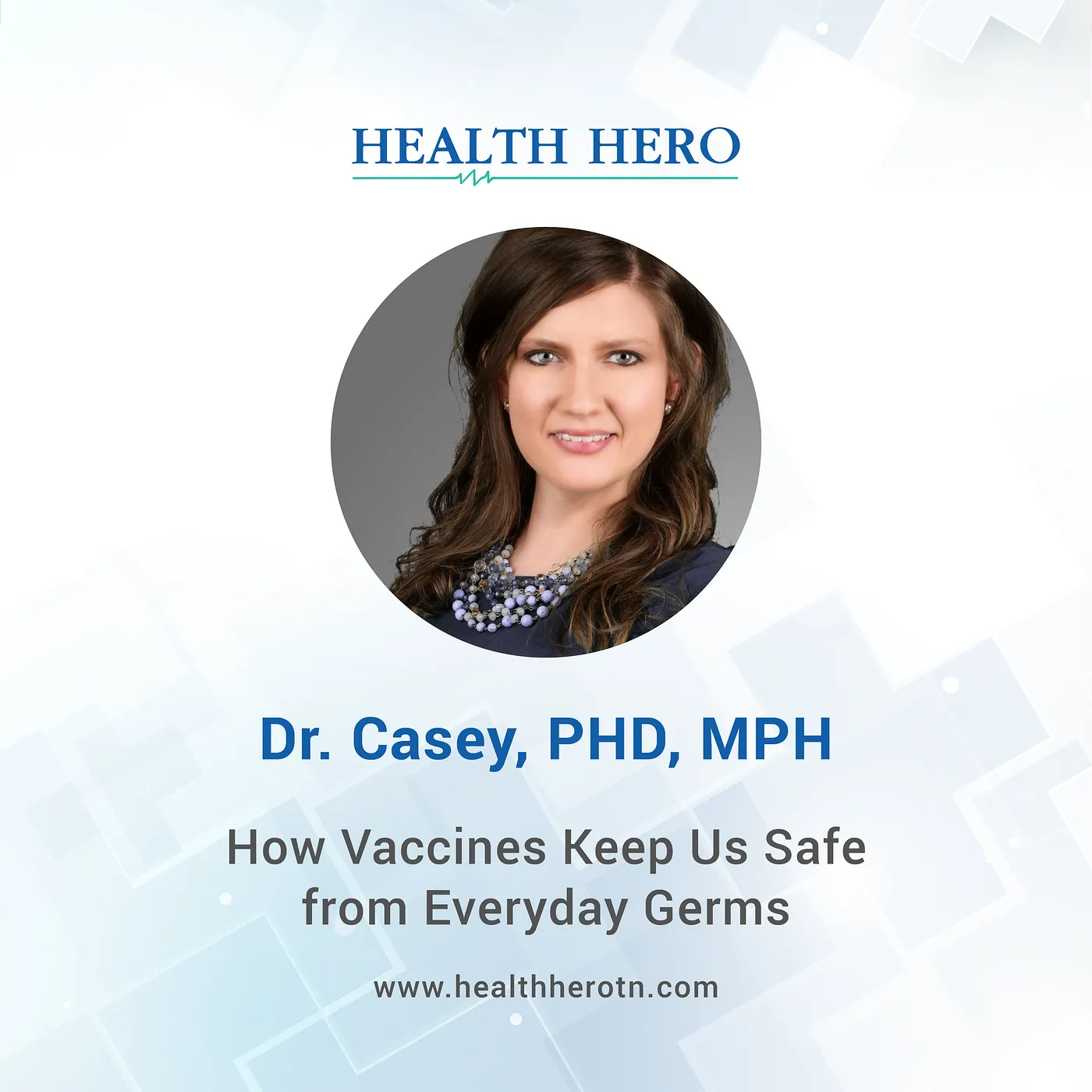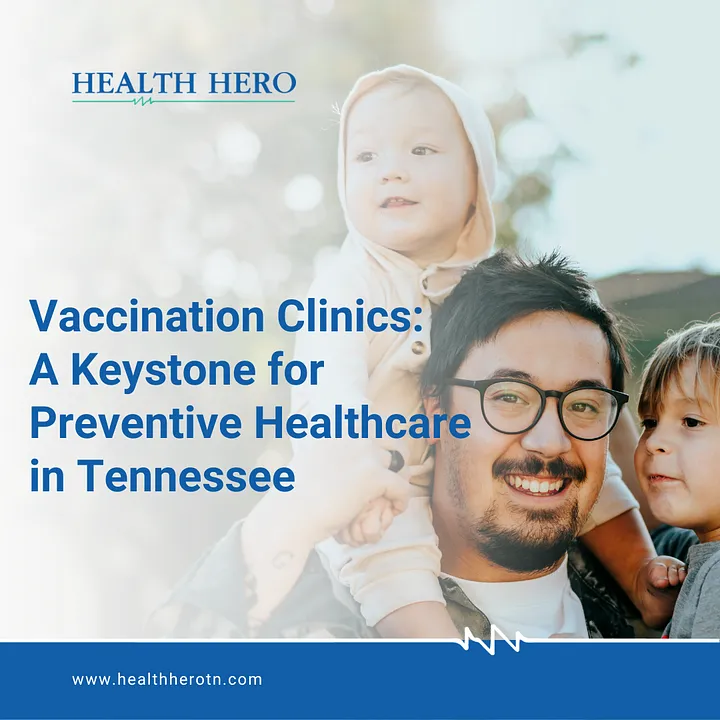Many consider vaccines to be one of the greatest achievements in medicine. Many even consider vaccines to be one of the most important inventions in all of human history. Vaccines (which are also called vaccinations or immunizations) save millions of lives every year by helping a person’s body learn how to protect itself from certain diseases.
What do vaccines protect against?
Vaccines help protect against illnesses called infectious diseases. Infectious diseases are caused by germs like bacteria, viruses, parasites, or fungi. These are germs we are exposed to almost every day in some way. But sometimes these germs can get into your body, multiply, and cause an infection. There are many different kinds of infectious diseases, and some of them are very common. You have probably heard of many of them and you might have even been sick with an infectious disease at some time in your life. Some examples of infectious diseases that many people have heard of are chickenpox, flu (which is short for influenza), hepatitis, measles, meningitis, and polio. These are just some examples of the many types of infectious diseases out there.
While we cannot avoid all the germs that can cause these diseases, there are things we can do to lower the chances of getting sick. One of the most important things we can do is to get vaccinated when possible. There are many safe and effective vaccines that can help protect us from different diseases. Vaccines help train your immune system to work faster and give better protection from some serious diseases.
What is the immune system?
The immune system is a complex system in your body made of organs, tissues, and cells that helps protect you from harmful germs. The main job of the immune system is to keep you healthy. When germs like bacteria and viruses get into your body and cause an infection, your immune system fights the infection and the germs that caused it. Vaccines work with your immune system to make your protection from a disease even stronger.
How do vaccines work?
Vaccines help teach your immune system how to recognize and fight germs that can cause infections. Different vaccines help protect from different diseases, and many of these are serious diseases. For example, a chickenpox vaccine teaches your body to identify and fight germs that can cause chickenpox. With the help of a vaccine, your immune system can fight an infection better and faster.
Many vaccines have a very small amount of weak or dead germs for the diseases they prevent. So when you get a vaccine, your immune system thinks a bad germ has gotten into your body. The germs from the vaccine won’t make you sick, but they will make your kick your immune system into action. Your immune system will help to fight off the germ and will remember it, so if that type of germ ever enters your body again, your immune system will know to attack it. That’s right; you can be protected from a serious disease without having to get sick!
Even if a vaccine does not totally prevent a disease, it lowers the chances of the illness being as serious, which means a faster and easier recovery. It also lowers the chances of spreading the illness to others. Vaccines protect you and the people around you. Since they were invented, the number of adults, children, and babies who get sick or die from diseases that can be prevented by vaccines has gone down incredibly. Some diseases have even been eliminated thanks to vaccines!
But as long as there are germs and diseases, people will get sick. No matter how careful we are, there are many things we can’t control. That’s why it’s so important to take whatever actions we can to keep ourselves and the people around us healthy. One of the easiest things we can do with a huge impact on protecting health is getting vaccinated.
. . .
About Dr. Casey
Dr. Casey, PhD, MPH, is Director of Epidemiology and Public Health and associate professor of family medicine at the University of South Alabama Whiddon College of Medicine with a concurrent appointment in USA Health Mitchell Cancer Institute’s Division of Cancer Control and Prevention; she is also Director of the Masters of Public Health Program at Spring Hill College. Dr. Casey holds a masters and doctoral degrees in Public Health from the University of Alabama at Birmingham and a postdoctoral fellowship at Harvard T.H. Chan School of Public Health.
Her research interests include behavioral epidemiology, childhood/adolescent vaccination, cancer prevention, health communication, and reducing health disparities, emphasizing rural settings. Dr. Casey is a staunch advocate for increasing vaccination to lower rates of preventable diseases; she has led several studies to improve vaccine uptake.
Dr. Casey has held top leadership roles with non-profit organizations such as VAX2STOP CANCER, was elected Chair of Alabama’s Cancer Control Coalition, and is on the executive committee of Alabama’s vaccination task force. She is active in many prominent organizations, including the American Public Health Association and Society of Behavioral Medicine. With over 50 scientific publications and numerous national presentations and invited talks, Dr. Casey is a widely respected expert in the field of vaccination.



